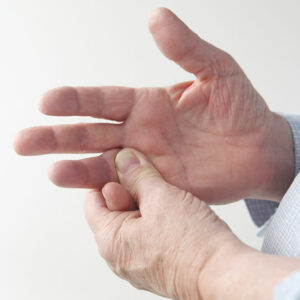6 human foods not to share with cats

Pets, specifically cats, may be picky eaters, but they can gobble up your food when you are not looking. However, not all human foods are safe for your feline friend. If they eat something that is perfectly healthy for you but is harmful to them, their digestive system will malfunction. Your furry pet may end up getting sick. So, keep them away from human foods that are mentioned in this list.
Chocolates
Dark chocolate is a good source of antioxidants for humans. But for cats, these indulgent treats are to be kept away. Never ever hand out chocolate treats to your furry one. This is because chocolates contain a high amount of methylxanthine, which can cause increased thirst, muscle tremors, abnormal heart rhythm, vomiting, diarrhea, as well as high body temperature.
Dairy products
Most cats like drinking milk. However, apart from milk, other dairy products may be harmful to them. Most cats are generally lactose intolerant. It is only when they are kittens that cats are tolerant to the lactose in their mother’s milk.
Caffeine
Keep your feline friend away from your daily fix of caffeine, that is, your coffee. All caffeine-based foods and beverages, including tea, coffee, and soda, can cause toxicity in cats. Your pet will begin to show symptoms of hyperactivity and tremors. They may also experience increased heart rate.
Garlic and onions
One of the most harmful human foods for cats is bulbous veggies. Onions, shallots, scallions, and garlic can cause damage to the red blood cells of your cat. Over time, this can lead to anemia. Make sure to keep your cats away from these.
Grapes
Cats can instantly fall sick if they eat these fruits, even accidentally. Grapes and currants can lead to kidney disorders in cats. Eating grapes, currants, and raisins will lead to vomiting in them. Some cats may experience diarrhea, abdominal pain, reduced appetite, and decreased urination.
Raw dough
Making bread at home? Make sure the raw dough is out of your cat’s reach. The yeast in the raw dough releases carbon dioxide and alcohol. Ingesting the dough can lead to serious health complications in cats. Also, the raw dough can rise or expand in your pet’s stomach. This may require an emergency visit to the vet to surgically remove the raw dough.
While the foods mentioned above should not be fed to cats, you can also buy specific foods for your feline friend. There are healthy cat treats rich in nutrients like proteins and vitamins. Some healthy cat treats are available by brands like Blue Buffalo Bursts, INABA, and GREENIES™.



